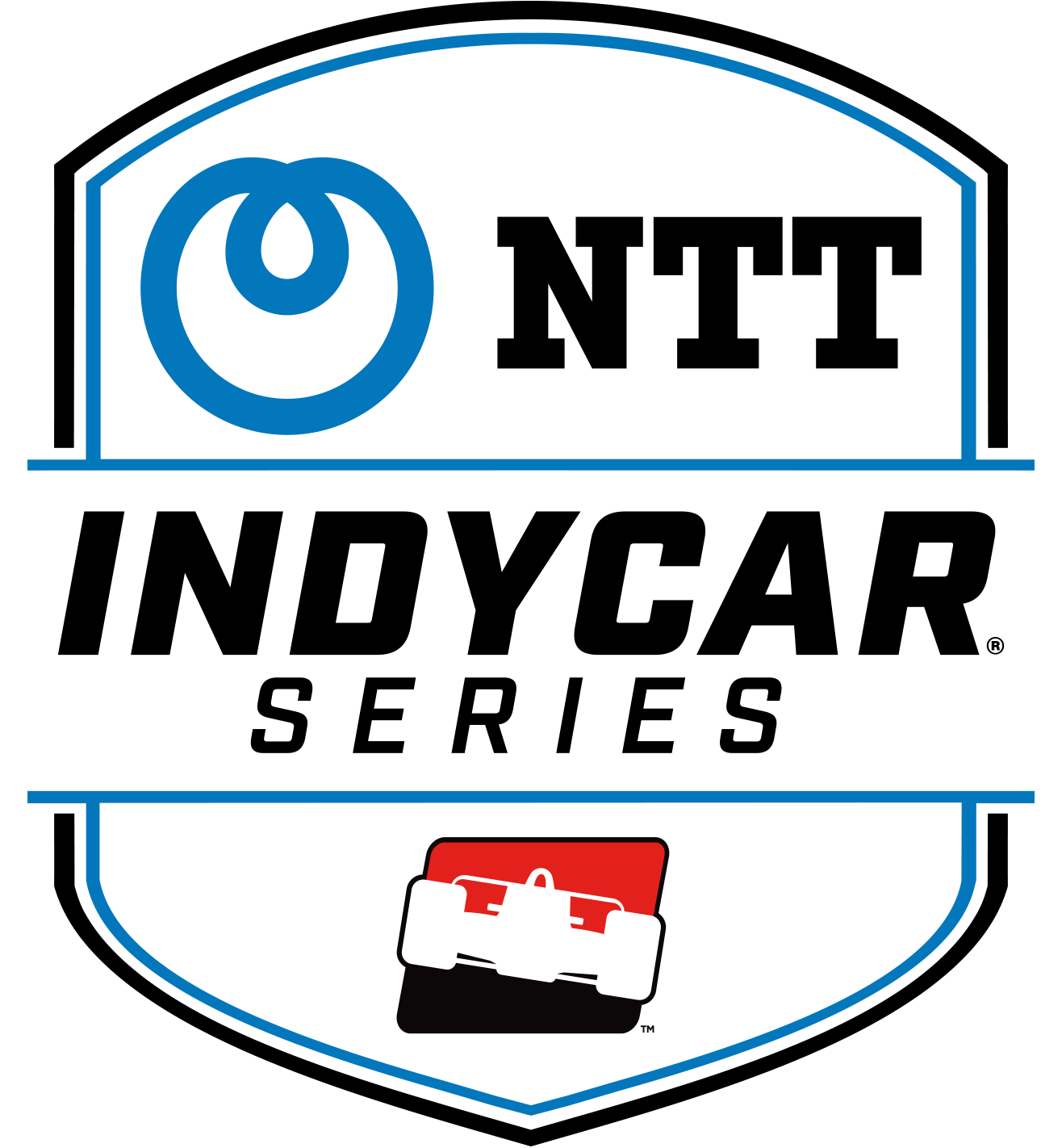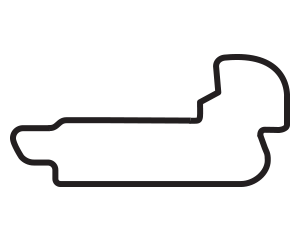Five Questions with ... Graham Rahal
NOV 14, 2023
Rahal Letterman Lanigan Racing announced on Monday that Graham Rahal will return to the team for his 18th NTT INDYCAR SERIES season in 2024 to begin a new multiyear contract. On Tuesday, Rahal discussed how the deal got done and what his aspirations are moving forward.
Rahal believes RLL is an exciting place to be right now with a bright future ahead. Pietro Fittipaldi, who was recently announced by the team, is only 28. Juri Vips, who made two starts this year, is just 23, and Toronto race winner Christian Lundgaard is 22. Rahal is 34, and he feels the organization is set up well.
Question: As a multiyear deal, do you look at this potentially being your last driver contract?
Rahal: I think my time (left in the series) is a big consideration as I looked at this as how much longer do I want to (keep racing); what do I want to do? Also, just the fact that contrary to what everyone else thinks – like on Twitter and Instagram – I certainly don’t want to be here just to be here. I wanted to know what’s the game plan, how are we going to get better as a team and all those sorts of things. I think for me, this is a big (decision). Really, it is towards the end (of my career) because of just how I feel and how my body feels and all that stuff. So, to extend was based on a long-term vision of where I want to be and where is that going to end up.
Question: Being only 34, is there anything you are hoping to accomplish in this period and does that add any extra fuel or pressure to that motivation?
Rahal: Oh, there's no doubt that (motivation) is the biggest part of this. Like I said, I'll be clear, in my time yes, I've been fortunate to win some races. But I haven't won nearly as much as I felt that I was capable of. I haven't won a (season) championship and had the success I wanted. I haven't won (the Indianapolis 500) that I think I am capable of. For me, there were a lot of factors that went into this decision, period. I wouldn't say there was more pressure to finish this career off on a positive note, but the desire is more than ever before, and that's actually been the case the last couple of years. That’s why the frustration has mounted a little bit the last couple of years (since) we haven't been able to win. I mean, the (Gallagher Grand Prix) loss (in August due to Scott Dixon’s off-strategy plan) was kind of a fluky deal that we didn't win. And that's OK. But it was nice to feel that and have that heartbeat again, you know, to know you're in the hunt. And so yes, for me right now, that is a huge part of this deal. That’s why it took so long for this (contract) to come together. There is no fluff in this deal; nothing else. There was just simply a lot of back and forth about what are we doing and how are we going to get better together? How am I going to be better? How am I going to be better for the team? And ultimately, I think we felt it was time to (talk through) that. We felt confident that together we could improve and together we could have a positive impact for each other. I’m confident to move forward.
Question: How important was the second half of the season as the team continued to have strong runs? You made mention in August that you were not only evaluating the team but yourself as well. What did you find?
Rahal: What I found is what I kind of expected, which is that my desire is to remain racing – my love and my heart and everything else is in this game. I wasn't ready (to retire); I'm not ready to just give up. I felt frustrated that I hadn't won more. I felt frustrated that I haven't helped, in reflection, make this team into a winner the last couple of years like I would have liked to. Because at the end of the day, as a driver, you can sit and go, ‘OK, Scott Dixon has won a ton of races because Scott Dixon is with Ganassi.’ That is an accurate statement. But what is also accurate is that Scott Dixon helps that team more. And so, for me, you sit and look at it and say, ‘OK, well, what have I not done to make sure that RLL is a race winning organization?’ There are certain restrictions to that. I mean, I do a lot of things within the organization. But there are things I think I could have done better and in reflection, it's like, well, I'm not ready to just move along yet. I'm not ready to give up on that dream of winning many races, not just Indy, but many, many races. And the (Gallagher Grand Prix) proved to me -- not that I needed it – but that race, among others, proved to me again that I know how to win, that I can win and that I'm a driver capable of being up front. End of story. So that's my focus is to get back in the seat and to get myself back into a place that we're winning again.
Question: With RLL co-owner Mike (Lanigan) handling the negotiations between the team and yourself, who do you consult with for advice when going through this process?
Rahal: I consult with my wife (and) with myself. I think it’s a very interesting dynamic. You know, I can't talk to my dad (Bobby Rahal) about it really. In the end, I did my negotiating through dad, but really, it is Mike that I worked with and at the end, it was Mike’s decision. And so, it's kind of an interesting dynamic for sure. I mean, in the end, I never have once doubted the team. And more importantly, I never have once doubted the team owners. And people go, ‘Well, it’s your dad’s team.’ My response to that is bull----. I've driven for a lot of teams. I've driven for a lot of team owners that make you go, ‘What's their real motive here?’ And one thing I can say about RLL, more than any other team by far, is the commitment of the team ownership to stand out on a limb -- day in, day out -- and make sure that this team is funded and that this team has the ability to win. At the end of the day, you reflect on that. That's a that's a powerful thing and I want to remain part of that. We've had our struggles. As I've been clear all along, we haven't won as much as Mike (Lanigan) would have wanted. We haven't won as much as dad would have wanted. I certainly haven't won as much as I wanted. But I owe it to those team members or the team owners to stay committed to the process as well. I owe it to the sponsors. You know, a big part of this re-signing is the sponsors. United Rentals has been so good to me and so loyal to me and everything that I do in my racing, particularly in my charity, which I'm very proud of … we give back more than anybody else in the series by far. And United Rentals been a huge part of that. So, the decision wasn't just do I want to race or not? That decision also really was, you know, those folks have been committed to me. They've been loyal to me. We've been together a long time. We're going to be together a long time. And that was very important in my decision making and through the entire process. That’s a long way to say I consult with my wife, but there's also a lot of factors internally that go into a decision like this. This isn't just Graham going back to drive for his dad. That’s actually barely any part of this.
Question: The landscape of contracts has changed over the years. How has this negotiating period changed this time around compared to the other years?
Rahal: It’s an ever-changing environment for sure. When I was young and dumb, you don't even really think about a lot of this stuff, frankly. But yeah, where we are today is certainly for me at least is an environment that you know, you've got to be grateful to have an opportunity to work and be grateful to have an opportunity to continue your career. We’re no longer in the economy or the frame of mind of greed and thinking that your value is sky high. As I said a minute ago, particularly now with two kids for me and a wife and everything else, there's a lot of other factors that go into this. I used to be young and energetic and believe that options were a great thing and a one-year deal sounded exciting because there's probably another deal around the corner. The reality of today's world is that's probably not the case no matter who you are. And so, stability is king.






















